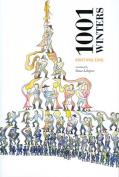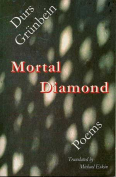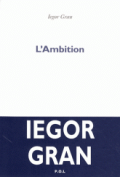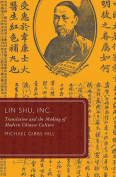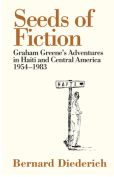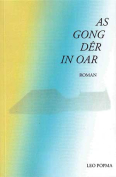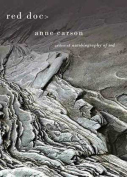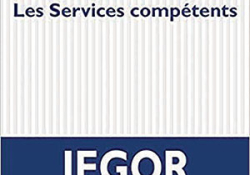L’Ambition by Iegor Gran
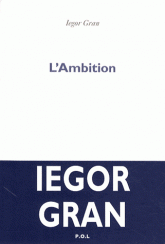 Paris. P.O.L. 2013. ISBN 9782818017555
Paris. P.O.L. 2013. ISBN 9782818017555
The hero of Iegor Gran’s latest novel, his tenth for Editions P.O.L, is a twenty-something Parisian man named José. When his girlfriend leaves him, citing his lack of ambition as her reason for breaking things off, José is forced to examine himself and his situation in life. Certainly, he is less accomplished than he might have expected to be at this stage. He has a part-time job in a third-rate computer repair shop. He sells vintage trinkets and baubles on the side, barely recouping the money he invests. He shares an apartment with a young man far more ambitious than himself, and he always comes up short when the rent is due. In his studies, he wagered upon computer science, thinking to become the next Mark Zuckerberg; but that field is now utterly saturated, leaving no place for a fellow of moderate intelligence and middling energy like José.
By a twist of chance, he falls into a job tutoring an underachieving high-school student in mathematics, but he quickly discovers that his tutee is more able than he. In short, the train has left the station, and he is not on it. Sometimes José wonders if his ambitions serve more to motivate the people around him, rather than himself. His roommate is clearly prospering; his ex-girlfriend, Cécile, seems to be doing well; even his tutee appears to be on the road to success.
Gran weaves several subplots in the interstices of José’s story. He gives us a few glimpses of Cécile’s post-José life. He casts his glance back to the Neolithic era, showing us one of José’s ancestors, a man who is just as belated as his descendant, refusing to abandon his hunter-gatherer practices when everyone around him is turning to farming and breeding and other more sedentary pursuits.
Those subplots (ambitious though they may be) are not particularly successful. Gran is an ironist and a social satirist who works best in close focus, and it is his account of José and his small vexations that holds our attention most efficiently in this novel.
Warren Motte
University of Colorado

